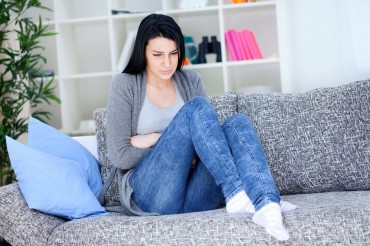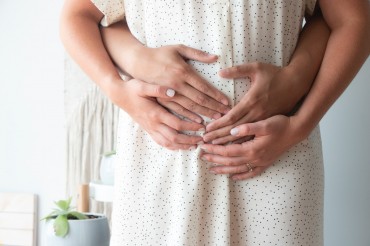Every woman has a different menstrual cycle of between 21 to 35 days, with five to seven days of bleeding. During this time an average woman looses approximately 40ml of blood. Keep in mind though that not all women are fortunate enough to have a regular cycle. Some women may experience spot or light bleeding while others may have a prolonged menstrual bleeding. Many women may go thru a phase of irregular periods whereby the period may be early or may get delayed and the flow may be heavy or light.
They are usually caused due to hormone imbalance, from weight loss, over exercising or polycystic ovary syndrome (POS). They are very common in the stage of puberty and treatment is usually not necessary.
On the other hand a number of causes can lead to prolonged and continues menstrual bleeding such as;
- Stress
- Changing your birth control pill frequently
- Hormonal imbalance
- Uterine fibroid tumors
- Cervical cancer
- Lupus
- Abortion or miscarriage
- Ectopic pregnancy where by the fertilized egg gets stuck in the fallopian tube in place of the uterus lining
- Use of IUD for birth control
- Vaginal yeast infection
If you suffer from prolonged or acute bleeding then you must consult your gynecologist at the earliest. The symptoms of prolonged bleeding are;
- Heavy blood loss during the period.
- Inter menstrual bleeding also known as spot bleeding between periods
- Severe menstrual cramps
- Exhaustion
Tests such as medical history, menstrual history, physical examination, blood test, vaginal ultrasound among others can help diagnose the menstrual problems.
Depending on the cause your gynecologist may suggest any one of the following treatments:
- Medications – mostly antibiotics
- D&C- in this treatment the lining of the uterus is softly grazed away while the cervix is dilated.
- Changing your methods of contraception usage
- A surgery may be required if you have a tumor or have suffered an ectopic pregnancy
- Treatment of bleeding disorders
- As a last resort the doctor may recommend a hysterectomy where by the uterus is removed, but this is only done if you have a serious disease like cancer
Take precautions at home by keeping a record of your cycle especially if you have irregular periods. Also keep a mental count of the number of pads you use so that you can determine your flow. Avoid using aspirins as they prolong bleeding. However, if you want to take something to relive yourself from severe menstrual cramps then Ibuprofen is more effective, it also helps reduce bleeding during periods. Iron supplements can also help prevent anemia. Avoid the intake of caffeine and alcohols instead drink plenty of water or juices along with a healthy diet. Also exercise regularly, many women tend to avoid doing their regular exercise during this time.
Finally, a tip for all men avoid giving stress to your lady during this time as they may go thru mood swings which could only make matters worse.

























































Comments